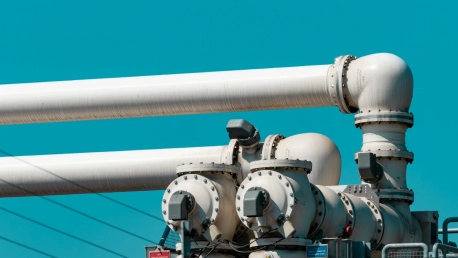Poland and Ukraine are advancing a vital energy initiative, planning to construct an oil pipeline connecting Odessa in Ukraine to Gdansk in Poland. This ambitious project, emphasized in an interview with Poland’s new ambassador to Ukraine, Jaroslaw Guzy, marks a significant step in bolstering the energy bond between these allies. Their collaboration aims to enhance both nations’ energy security and diversify supply routes, reducing their dependence on traditional energy suppliers. This pipeline will stand as a testament to their strategic partnership, fortifying regional energy networks and contributing to the broader geopolitical landscape of energy distribution. By linking the Black and Baltic seas through this pipeline, Poland and Ukraine not only reaffirm their energy collaboration but also set a precedent for international cooperation in facing modern energy challenges.
Establishing Energy Cooperation
The envisioned pipeline aims to establish a connection from Brody in Ukraine to the Adamowo-Zastawa oil junction in Poland’s Podlaskie Voivodeship—a key point of Poland’s segment in the Druzhba pipeline network. With the support of Polish energy giant Orlen, the project, estimated to span a period of two to three years after the start, seeks to deliver a robust channel for oil transport, capable of facilitating the flow of crude in both directions, from the Black Sea to the Baltic and vice versa.
Enhancing Regional Energy Independence
This significant venture extends beyond a mere oil transit route; it represents a strategic shift to reinforce energy distribution networks, advancing regional stability and self-reliance. By linking critical harbors, the pipeline bypasses the geopolitically precarious Turkish Straits. It is a boon for countries like Slovakia, Hungary, and the Czech Republic, providing a dependable avenue for energy trade and reducing their dependency on capricious routes. Moreover, the initiative is set to revive the underutilized Odessa-Brody pipeline, which will bolster Eastern and Central Europe’s capacity to control their energy resources. This forward-thinking infrastructure not only promises economic benefits but also strengthens the region’s geopolitical stature by offering a steadfast alternative in the energy market.









